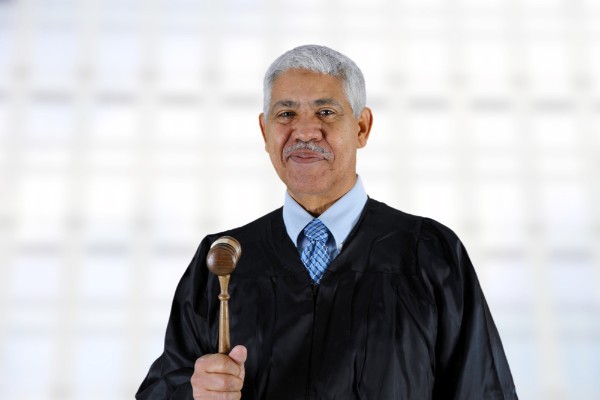How Does the Judge Decide on a Criminal Sentence?

When a criminal defendant gets sentenced for a crime, the judge decides the ultimate sentence based on several different factors. Sentencing happens after the jury comes back with a guilty verdict or after the defendant pleads guilty. A plea of guilty could happen at the initial hearing when the defendant is charged, or more often after the defendant reaches a deal with the prosecutor to plead guilty in exchange for a reduced sentence or probation.
Factors that affect sentencing could include:
- A mandatory minimum sentence set by law for a certain crime
- Repeat offenses
- Characteristics of the victim or the crime
- The defendant’s lack of a prior criminal record
- The defendant’s age
- The defendant’s background and upbringing
- Circumstances of the defendant when the crime occurred
- A showing of remorse or good character.
The first three items on this list are known as “aggravating factors”. These factors tend to make the crime seem worse or lead to the court increasing the possible sentence. For example, the defendant may face a longer or stricter sentence because the victim was a child or because the crime is perceived as a hate crime. However, the judge cannot use aggravating factors as the basis for a harsher sentence than usual unless the jury found that the factors existed beyond a reasonable doubt. Cunningham v. California, 549 U.S. 270 (2007).
The other items on the list are called “mitigating factors”. These factors tend to make the crime seem less bad or lead to the court decreasing the possible sentence. For example, if the defendant is a young, first-time offender, the judge may be more lenient. If the defendant has mental or physical health problems, the judge may reduce the possible sentence too. Further, some courts allow defendants to bring letters or witnesses to show good character or remorse for the crime. The judge could factor this evidence into the sentencing decision.
In Oklahoma DUI and drug cases, the judge often also considers the availability of probation, deferred and suspended sentences, treatment for drug and alcohol abuse, and alternative sentencing programs such as Drug Court.
To learn more about sentencing for people charged with DUIs, seek out the local DUI attorney who cares about seeking the best outcomes for his clients. Clint Patterson, Esq., of Patterson Law Firm, a former Tulsa prosecutor, is familiar with the available sentencing options in Oklahoma. Schedule a case evaluation by visiting Patterson Law Firm online or calling Clint’s office at (918) 550-9175.

